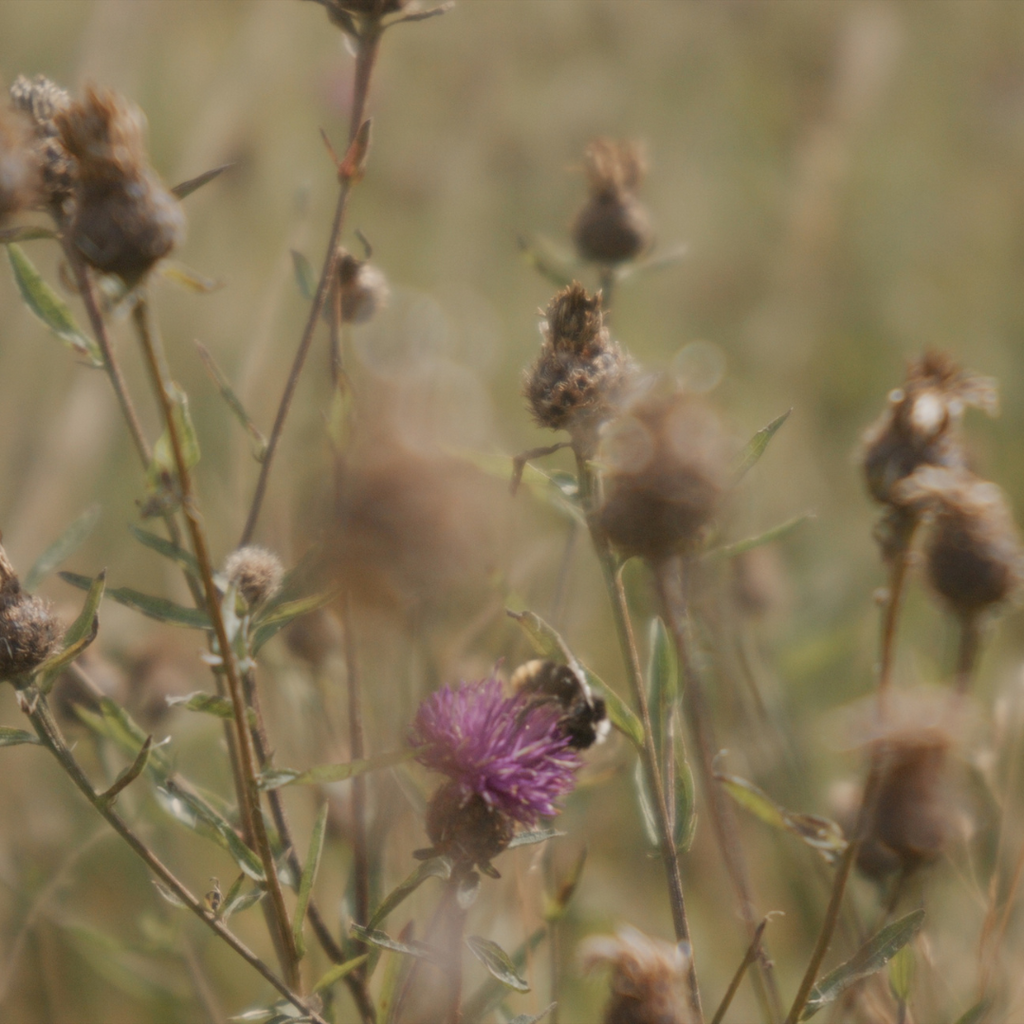Honouring World Bee Day

From a soft breeze rustling the leaves, to the melodic chirping of crickets and pretty singing of birds, as nature flourishes in the summer months there’s no shortage of instruments taking part in this unique symphony of wild music.
Just as bees themselves play such a vital part of our ecosystem, the determined and cheerful buzz that accompanies bees as they flit from one flower to the next is perhaps one of the most striking and important notes of this delightful song.
Fascinating Mythology
Bees have featured in countless myths and folk tales across the centuries from cultures worldwide. Honey and beeswax have long been an important resource for humans, and as such they’ve also been an important feature in our stories and our cultural identities; often characterised as magical creatures, their honey is usually shown to be a divine gift from the gods, reflecting our deep love of the sweet and golden treat.
Though nobody knows exactly when it began or where it originated from, one of the most well-known myths relating to these wonderful insects is ‘Telling the Bees,' an old tradition found here in England and in other European countries. It’s said that to keep your bees happy and content in their hives you must speak with them, confiding in them all of the important events that happen in our lives from births and deaths to marriages and departures, in order to keep them from leaving their hives and to keep them producing tasty honey.

A Vital Role
Just as bees are an important figure in folklore and mythology, they also have a starring role in the health of our planet's ecosystem. While some may only think that bees are important for the honey that they produce, in fact, one in every three bites of food eaten worldwide depends on pollinators, especially bees, for a successful harvest. Bees are an important pillar of a healthy ecosystem, and the growth of many plant species relies on these remarkable insects as they fly from flower to flower, transferring pollen and allowing plants to grow.
 A home at St Eval
A home at St Eval
Here at St Eval, we are committed to protecting and supporting wildlife. Our wildlife space was created in partnership with many amazing local companies. It is full of beautiful native and non-invasive species of flora and bee bricks to encourage bees and other pollinators to make their home here. It is important to us that we take the time on this special day to use our platform to celebrate these remarkable insects, as we are reminded of their irreplaceable presence each time we step into the wild.

Our Fragrances
A selection of our cherished fragrances, Lavender Fields, Bay & Rosemary, Walled Garden and Vintage Rose, to name a few, are all lovingly crafted using scents derived from bee-friendly flowers.
Walled Gardens contains a delicate blend of hyacinth, jasmine and rose, which are all early blooming flowers and crucial for providing pollen to bees, first emerging after their winter slumber. Lavender Fields captures the essence of one of the most bee-friendly blooms, with bees able to see the colour purple more clearly than any other in the spectrum. Lavender proved especially valuable by continuing to flower throughout the mid-summer gap - that critical period when early summer blooms have faded, and late summer buds are yet to open, providing a vital nectar bridge when bees need it most. Similarly, our Bay & Rosemary fragrance celebrates these aromatic herbs that, when allowed to flower, offer rich rewards for foraging bees with their abundant nectar and distinctive scent that guides these pollinators straight to the source.
Our fragrances are a gentle tribute to the wild beauty that surrounds us, capturing the harmony between nature, our senses, and the humble bee.
